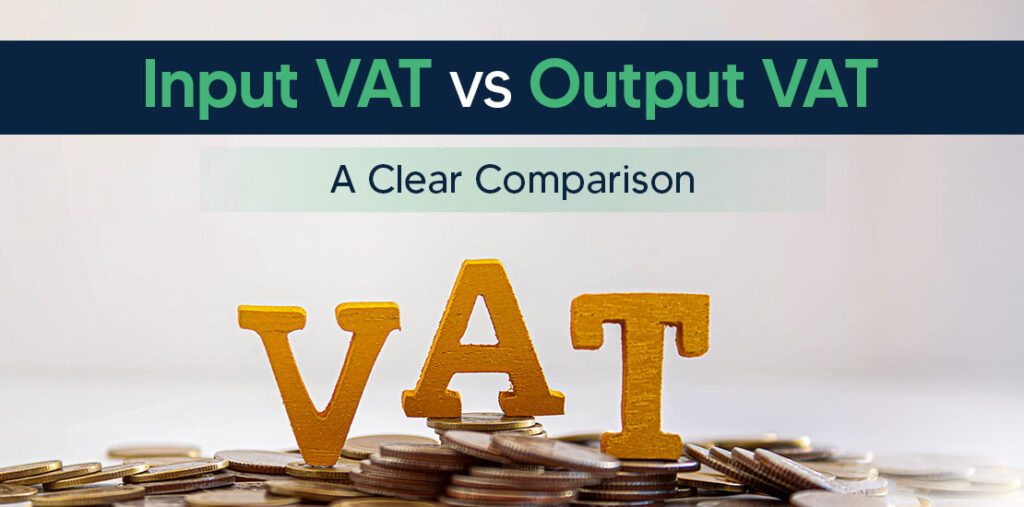The UAE’s dynamic economy and fast-paced regulatory evolution are transforming the accounting industry like never before. From government-led tax reforms to advanced technologies such as AI and blockchain, accounting professionals are now expected to deliver strategic, tech-driven, and compliant financial services across all business sectors.
In this blog, we explore the top emerging trends shaping the accounting landscape in the UAE, and how businesses can adapt to stay compliant, efficient, and future-ready.
1️⃣ Mandatory Corporate Tax Implementation
In 2023, the UAE introduced a 9% federal corporate tax on business profits exceeding AED 375,000. This was a landmark change that pushed accounting firms and businesses alike to:
- Re-evaluate their tax strategies and group structures
- Integrate corporate tax calculations into their financial systems
- Provide real-time compliance and reporting to meet Federal Tax Authority (FTA) requirements
This has also driven the demand for tax advisory, CFO support, and digital systems integration, especially for companies unfamiliar with taxation.
2️⃣ Technology & Automation Driving Efficiency
Modern accounting is no longer just about bookkeeping. UAE firms are adopting cloud-based software, AI tools, and RPA (Robotic Process Automation) to:
- Automate recurring tasks like data entry and reconciliations
- Generate real-time financial reports and cash flow forecasts
- Streamline VAT and corporate tax filing
Tools like Xero, QuickBooks, and Zoho Books are becoming mainstream, enabling businesses to manage finances anytime, anywhere—while reducing human error and compliance risk.
3️⃣ ESG & Sustainability Accounting
As part of the UAE Vision 2031 and international business expectations, Environmental, Social, and Governance (ESG) reporting is becoming increasingly relevant.
Accountants are now helping businesses:
- Track carbon footprints and sustainability metrics
- Disclose ethical business practices
- Align with ESG frameworks for investment readiness
This trend is especially significant for large organizations and those seeking funding or partnerships with international stakeholders.
4️⃣ Rise of Outsourced CFO Services
SMEs and startups in the UAE are embracing virtual CFOs who can provide strategic advice without the cost of hiring a full-time executive.
These CFOs offer:
- Financial planning & modeling
- Investor reporting
- Tax optimization and compliance
- Cash flow management
This model is helping growing businesses make informed decisions while maintaining lean operations.
5️⃣ Blockchain Integration for Transparency
Blockchain, though still emerging, is gaining traction in Dubai’s accounting sector—especially for auditing, recordkeeping, and smart contract accounting.
Benefits include:
- Tamper-proof financial records
- Real-time verification of transactions
- Streamlined compliance and audit trails
Blockchain can significantly reduce fraud risks and increase credibility, particularly in industries like real estate, logistics, and finance.
6️⃣ Cybersecurity Becomes a Financial Priority
With digital accounting systems becoming the norm, financial cybersecurity is now a non-negotiable priority. Firms are investing in:
- Encrypted storage and secure backups
- Two-factor authentication
- Anti-fraud monitoring tools
Accounting professionals are also expected to be well-versed in data protection regulations and ensure clients’ financial data is protected from breaches or loss.
7️⃣ Focus on Pillar Two & Global Tax Alignment
For multinational enterprises operating in the UAE, OECD’s Pillar Two initiative is a game-changer. With a 15% global minimum tax requirement for large MNEs, UAE-based companies must now assess:
- Global tax exposure and entity structures
- Transfer pricing documentation
- Intercompany transactions compliance
Accounting firms are stepping up to provide comprehensive international tax advisory to help firms remain compliant globally while maximizing efficiency.
🔎 Final Thoughts
The UAE accounting industry is undergoing a massive shift—from basic bookkeeping to technology-enabled, strategy-driven financial consulting. As the market matures, businesses must partner with firms that understand:
- Local compliance (VAT, Corporate Tax, AML)
- International frameworks (Pillar Two, ESG, IFRS)
- Digital transformation and automation
Embracing these trends early will not only ensure compliance but also unlock better financial visibility, stronger governance, and long-term business success.





